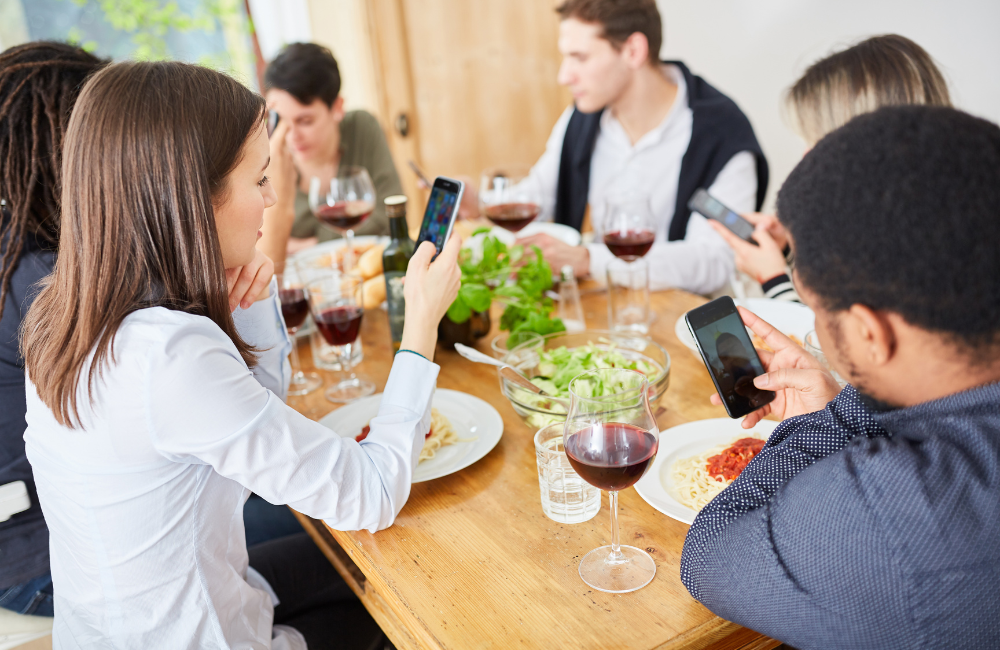The Antisocial Century: Thanks to iPhones and Social Media

January 30, 2025
Ah, the 21st century—a time when meaningful relationships and deep conversations are replaced by emojis, and our most intimate connection is with Wi-Fi. Welcome to the era of digital dopamine, where loneliness is at record highs, but hey, at least we can order a pizza without talking to a human.
Ever notice how the more you hear something, the more true it feels? Cognitive fluency is the brain’s lazy way of assuming that repetition equals reality. If an idea is simple, catchy, and easily digestible (think Twitter, TikTok, and cable news soundbites), people will swallow it whole. The result? Echo chambers where everyone nods in agreement, oblivious to the world outside their curated feeds (Alter & Oppenheimer, 2009, Journal of Experimental Psychology). This is taking positive affirmations from spirituality to a different level.
Donald Trump used it to significant effect. “Build the Wall,” “Make America Great Again,” and “Fake News” were masterclasses in fluency—simple, repeatable, and easy to digest. Meanwhile, his opponents were busy crafting long-winded policy explanations.
In the audiobook iGen, Jean Twenge paints a picture of a generation that has grown up with smartphones. They’re less rebellious, more tolerant, anxious, and lonelier, utterly unprepared for adulthood (Twenge, 2017).
Once upon a time, teenagers couldn’t wait to escape their parents’ houses for a night of questionable decisions. Now, they stay in their rooms, glued to their screens, blissfully unbothered by the prospect of real-world relationships. A study in JAMA Network Open (Ueda et al., 2020) found that sexual inactivity is at an all-time high among young adults.
The U.S. Census Bureau (2021) reports and a Pew Research Center (2021) study confirms that many young adults are opting out of parenthood altogether. Who needs kids when you have a perfectly good dog and an algorithm that understands you better than most humans?
Social media was supposed to expose us to different viewpoints. Instead, it became a buffet of confirmation bias, where algorithms serve us exactly what we already believe. A 2021 study from New York University and the University of North Carolina (Guess et al., 2021) found that digital bubbles make people more polarized—because why waste time debating when you can block, mute, and cancel anyone who disagrees?
Which brings us to the media. If you get your news from The New York Times, The Atlantic, and NPR, you probably thought Trump’s 2016 victory was a temporary glitch in the American system—one that “real” voters would correct in 2020. Meanwhile, half the country consumed a different reality through talk radio, Facebook groups, and cable news.
So here we are in an era where people are lonelier, less social, more anxious, and utterly trapped in their ideological bubbles. But don’t worry—there’s an app to help with that.
Now, if you’ll excuse me, I have notifications to check.
